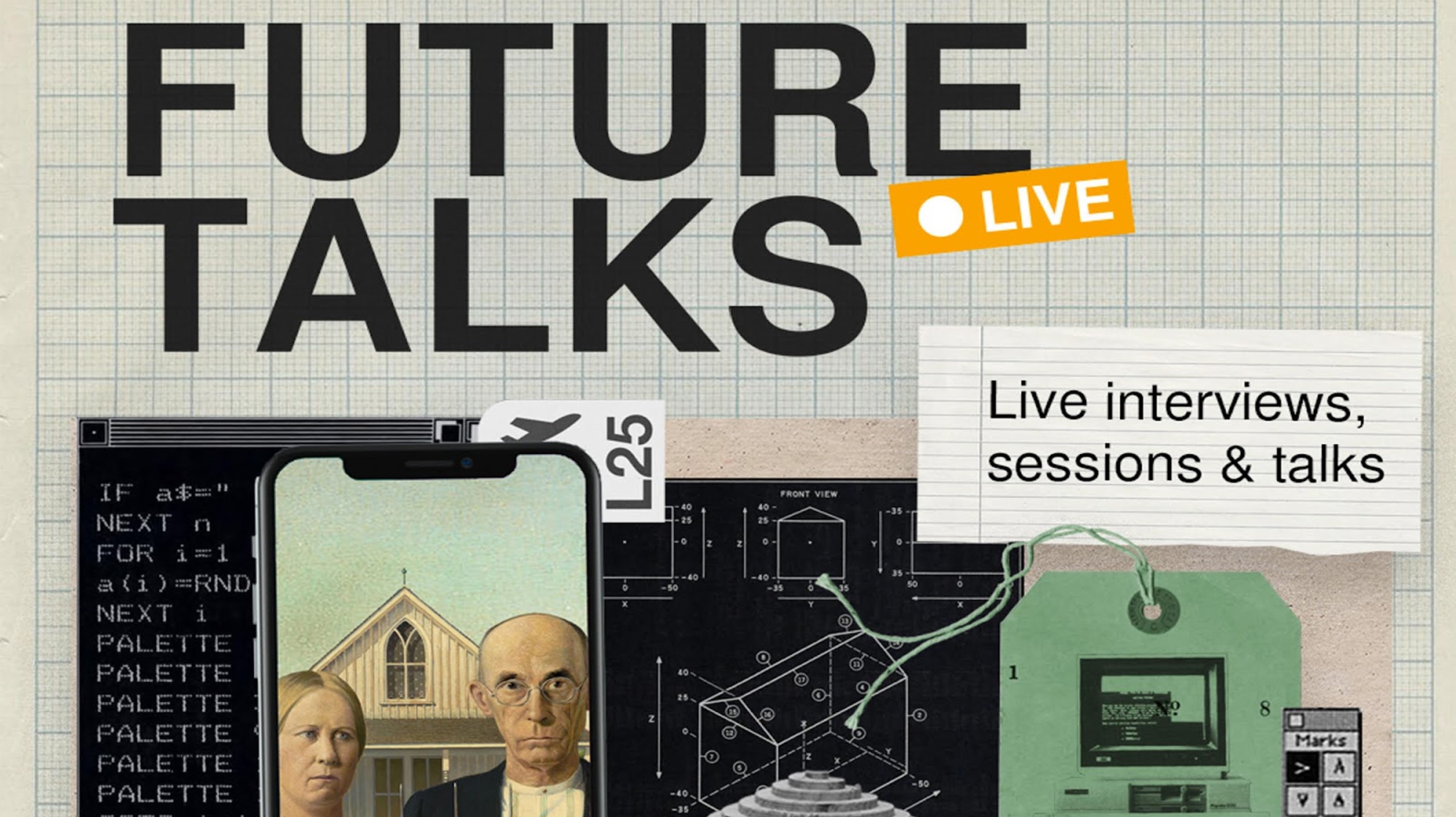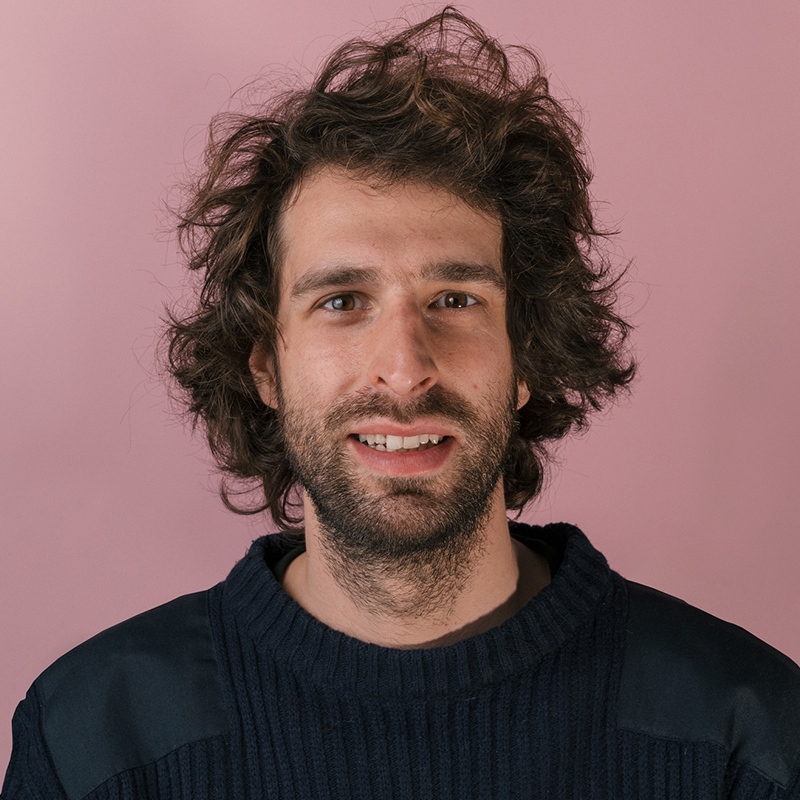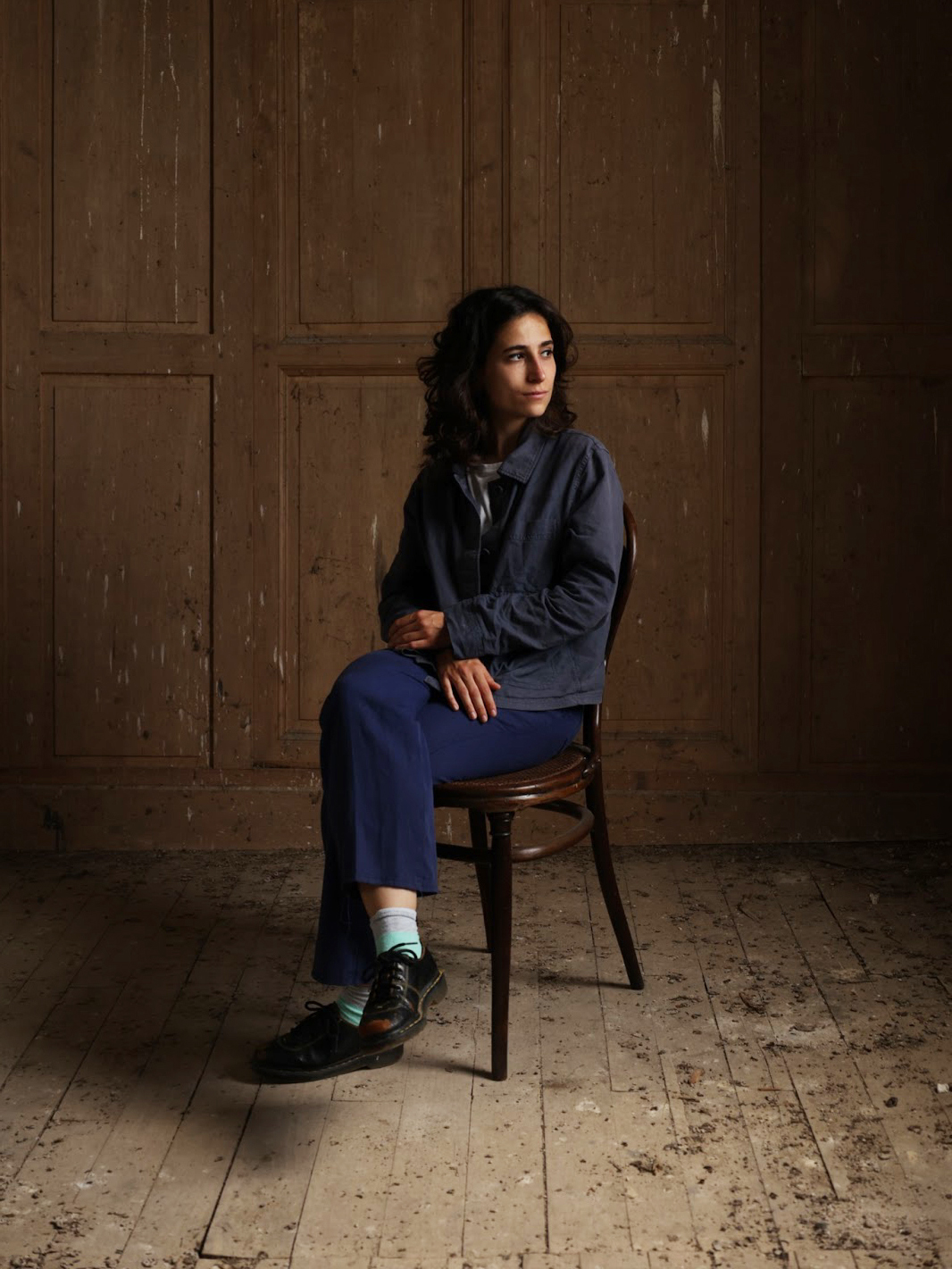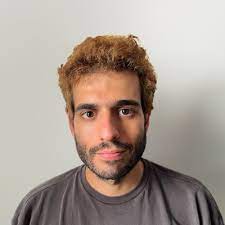Future Talks is a series of conversations with friends of ELISAVA and Fab Lab Barcelona, exploring the nature of emerging futures from the past to the present and beyond.
Syllabus⇝
Research has shown that most of the job opportunities and future challenges that will arise in the next few years still don’t exist. Instead of seeing it as a threat, we want you to look at it as an opportunity. An opportunity to actively create your own path, your own vision and identity rather than passively wait for what is needed.
In MDEF we believe that learning should be driven by your motivations and not by our (the teachers) thoughts. We want you to be in control of your own development especially in a master program full of activities. We want you to plan a strategic turn for yourself. We will provide you with a variety of knowledge, skills and attitudes to compare yourself with.
In this series of talks, critical reflection will help you to map your strengths and weaknesses in relation to the approach to design that the master is proposing. A series of presentations and visits to key professionals will make you aware about how your thinking, making, interests and values differ from others.
Schedule⇝
Saul Baeza - Designing from within your context
Helen Torres - For More Than Human-Centered Worlds
Clément Rames - Collective urban practice for resilient communities and cities
Krzysztof Wronski - Understanding your emerging profiles and roles
Deliverables⇝
At the end of this trimester we ask you to update who you are and what makes you unique (identity) and your personal “vision” of your future as a professional. The Thesis Draft will include space to reflect on your Vision and Identity and how that evolved this term. For this section we ask you all to reflect on how applicable and useful the knowledge presented by each of the guests is in your practice/project. Please do a self-reflective paragraph long post on each of the talks.
These are the points we are going to look for the evaluation of Future talks:
- Attendance
- Understanding of your design interventions in the context of the future talk.
- Reflection and application (if relevant) of future talk on practice.
- What opportunities might arise by taking these future talks into consideration.
Grading Method⇝
Grading criteria will be defined by faculty during the module.
European Credit Transfer and Accumulation System (ECTS)
2 ECTS
Faculty⇝
Guillem Camprodon is a designer and technologist working in the intersection between emergent technologies and grassroots communities. He is the executive director of Fab Lab Barcelona at the Institute for Advanced Architecture of Catalonia (IAAC), a benchmark in the network of over 2000 Fab Labs and home of the Distributed Design Platform. He has a passion for teaching and is the co-director of the Master on Design For Emergent Futures (MDEF), a collaboration between IAAC and ELISAVA. Previously, he led Smart Citizen, a platform that opposes the traditional top-down Smart City model, empowering communities with tools to understand their environment. As a former research lead, he participated in many European-funded research and innovation projects, such as Making Sense, iSCAPE, GROW Observatory, Organicity, DECODE, ROMI and Reflow.
Laura Benitez has a Ph.D. in Philosophy and is a researcher, and university lecturer. Her research connects philosophy, art(s), and technoscience. She is an associate professor at the Department of Philosophy at the Autonomous University of Barcelona. She also teaches at Elisava. She has served as the coordinator of the Theory area in the Arts and Design Degree at Massana, where she has taught Critical and Cultural Studies. She has been a visiting researcher at the Ars Electronica Center and the Center for Studies and Documentation of MACBA. She has also collaborated with international institutions such as Interface Cultures Kunstuniversität Linz, Sónar Festival (Barcelona/Hong Kong), Royal Academy of Arts London, and the University of Puerto Rico. Between 2019 and 2021, she directed Biofriction, a European project (Creative Europe) on bioart and biohacking practices, led by Hangar in collaboration with the Bioart Society, Kersnikova, and Cultivamos Cultura. She is co-director of the Master on Design For Emergent Futures (MDEF).
As a designer and researcher with a strong focus on sustainable practices and innovative design methodologies, Jana is committed to questioning and challenging the field of design. By continuously striving for movement and positive change, she puts sustainability, innovation, and care at the forefront of her work — which is always underpinned by post-humanist and feminist materialist thought. In her design practice, Jana’s work is community-driven and collaborative, working with other designers and artists to create thought-provoking installations and experiences.
Roger Guilemany is a founding member of the design cooperative aqui, where he contributes, through action research, to processes of ecosocial transition and the praxis of participatory design. As an independent researcher, he is interested in relationships and collaborative processes of situated production. With his design practice, he also collaborates with commoning projects and other self-governance structures.




